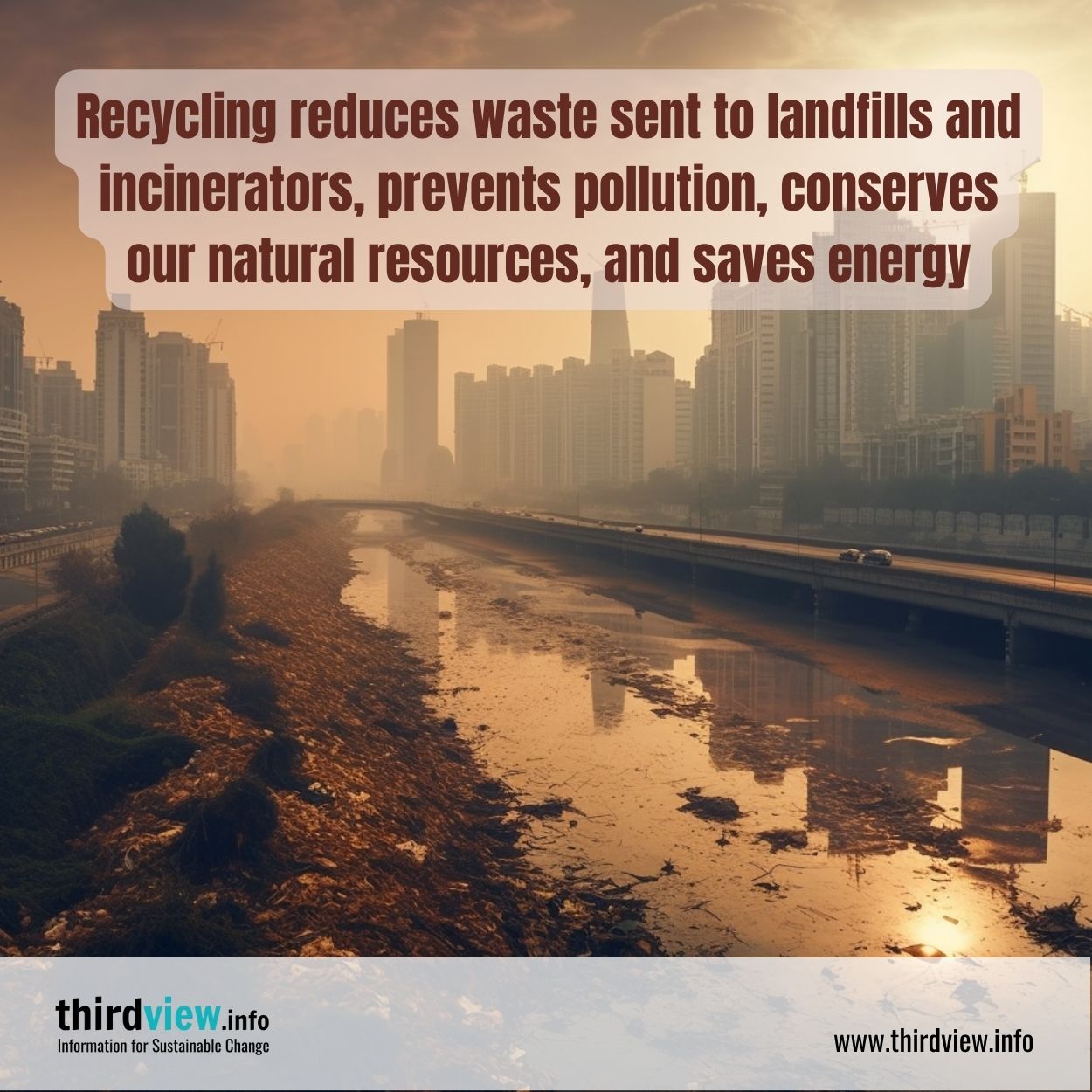Recycling is an important part of our society, but its impact goes far beyond just the environment. In fact, recycling has had a major influence on both social and cultural attitudes. Let’s take a closer look at how recycling has changed us as a society and culture.
The Economics of Recycling
Recycling has an important economic impact on both individuals and businesses. For people, recycling reduces their reliance on purchasing new products, which can save them money over time. For businesses, recycling can help them reduce their production costs, as they are able to repurpose materials that would otherwise have gone to waste. In addition, some recyclables can be sold for profit, providing an additional source of income for companies that invest in efficient recycling practices.
The Social Effects of Recycling
Recycling has had a profound impact on our social attitudes. It has encouraged people to become more conscious about their consumption habits, leading to more sustainable practices. It has also led to the establishment of new industries and businesses that are dedicated to creating products from recycled materials. This creates new jobs, which helps strengthen local economies around the world. Finally, recycling helps create a sense of community by bringing together people who share similar values and goals. Through collective action and education campaigns, those involved in the recycling movement can help spread awareness about why this issue matters and how small changes can make a big difference when it comes to protecting our planet’s future. This reinforces the idea that individuals can make a difference in their communities by taking meaningful action.
The Cultural Significance of Recycling
Recycling has also had a major influence on our culture. It has shifted societal norms away from disposable lifestyles towards longer-term sustainability. The process of recycling itself is now seen as an act of creativity rather than just waste management — turning something old into something new is increasingly being celebrated in art and design circles as well as in everyday life. Furthermore, recycling is no longer seen as a chore but instead as an opportunity for people to come together and take collective action for environmental causes.
From its environmental effects to its economic, social, and cultural implications, it’s clear that recycling plays an important role in modern society and culture. As we continue to face global challenges such as climate change and resource scarcity, recycling will only become more important—both at the individual level and in larger-scale initiatives like government policy or corporate responsibility programs. So next time you recycle something, remember that you’re not only helping the planet; you’re also helping build a better future for us all!


